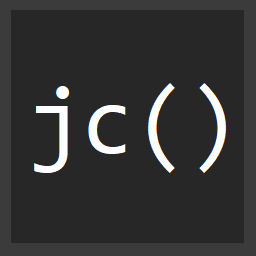Using do expressions in redux reducers
There's an interesting proposal that's stage 1 currently (as of 9/26/2017) called do expressions. Thanks to the magic that is Babel, you can already go ahead and try this out with the do expression transform... https://babeljs.io/docs/plugins/transform-do-expressions/.
The basic idea is that you can have a block of code such as a few if statements, or a try catch, wrap them in a do { }, and whatever the final statement evaluates to, can be returned.
For example, have a look at a standard if block...
function fizzBuzz() {
let str;
for (var i=1; i <= 20; i++) {
if (i % 15 == 0) {
str = "FizzBuzz";
} else if (i % 3 == 0) {
str = "Fizz";
} else if (i % 5 == 0) {
str = "Buzz";
} else {
str = i;
}
}
return str;
}
Here you have to initialize str to something, then reassign it in each if block.
With do expressions, you can do the following...
function fizzBuzz() {
return do {
for (var i=1; i <= 20; i++) {
if (i % 15 == 0) {
"FizzBuzz";
} else if (i % 3 == 0) {
"Fizz";
} else if (i % 5 == 0) {
"Buzz";
} else {
i;
}
}
}
}
With do expressions, you don't need to initialize str, you can simply return the entire do expression. Each if gets evaluated, and the one that ends up being truthy simply returns its value out of the expression.
So, how about for a Redux reducer?
Well, most Redux reducer's are written in switch statements. Not a big deal, but I was curious if I could use a do and some if statements since I'm not the biggest fan of switch statements.
For example, this code is taken from a todomvc example...
function todos(state = initialState, action) {
switch (action.type) {
case ADD_TODO: {
return [...state, {
id: state.reduce((maxId, todo) =>
Math.max(todo.id, maxId), -1) + 1,
completed: false,
text: action.text
}];
}
case DELETE_TODO: {
return state.filter(todo =>
todo.id !== action.id
);
}
default:
return state;
}
}
Pretty straightforward, now check out the same reducer with if's inside of a do expression...
function todos(state = initialState, { type, text, id }) {
return do {
if (type === ADD_TODO) {
[...state, {
id: state.reduce((maxId, todo) =>
Math.max(todo.id, maxId), -1) + 1,
completed: false,
text
}];
}
if (type === DELETE_TODO) {
state.filter(todo => todo.id !== id);
}
state;
}
}
It's nice that you don't have to see return but once, and we've gotten rid of the switch. Not sure which one is better, but it's cool to have different options to build reducers in.
Feel free to discuss in the comments below!

